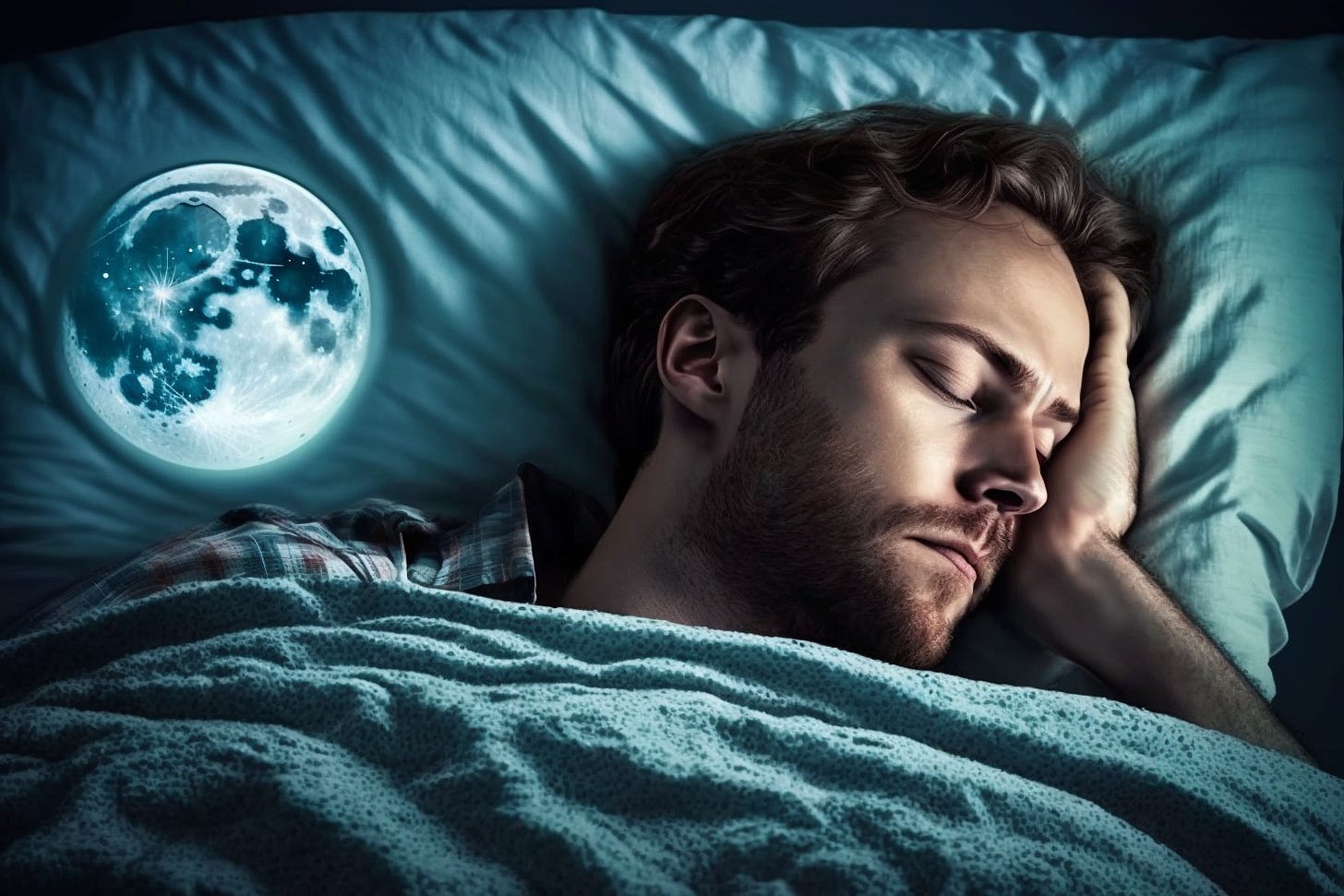How do I Improve My Sleep
Unlocking the Secrets of Restful Nights: Effective Strategies and Habits to Enhance Your Sleep Quality and Quantity
If you're having trouble sleeping, there are some changes to your lifestyle and habits that can help improve the quality of your sleep. Taking steps like setting a consistent bedtime routine, exercising regularly and avoiding caffeine late in the day may make it easier for you to fall asleep – and stay asleep throughout the night.
Establish A Bedtime Routine: Having a set time when you go to bed each night will train your body into getting sleepy at this same hour every evening. Once you have established an ideal going-to-bed time try doing relaxing activities such as taking warm baths or showers before hopping into bed (avoiding any hot water which could disrupt natural temperature rhythms). You might also want to read something calming in dim lighting while listening to soft music on low volume levels. All these small actions help create the physical fatigue needed for good, restorative sleep cycles.
Cut Back On Caffeine And Alcohol Consumption: If consumed too close to nighttime hours both substances can interfere with uninterrupted REM cycle occurrences during nocturnal slumber sessions by temporarily making relaxation challenging due to the naturally stimulative elements found within them respectively. Therefore, it is best advised if looking to improve overall health, avoid high intakes of caffeine or alcohol near midnight, preferably earlier, so as not to disturb your circadian rhythm flow and promote better chances of sleeping soundly.
Exercise Regularly During Day Hours: Exercising several days per week has been proven to scientifically reduce stress hormones linked to elevated mental state issues. Physical activity releases endorphins to your neurotransmitters, increasing serotonin production, therefore leading to increased alertness, improved moods, higher energy expenditure capacity, increased libido and more.
Aerobic exercises like running or swimming are great options if done in the afternoon as they increase heart rate and body temperature. This helps your body relax naturally so that you’re more likely to drift off easily at night! You should also avoid intense exercise too close to sleeping time, though; this might leave extra energy coursing through your veins making relaxation difficult even if you take a warm shower or bath before getting into bed.
Strength training is another excellent option that promotes healthy sleep by encouraging muscle growth while reducing stress hormones such as cortisol (which can impede a restful slumber). The American Council on Exercise recommends weightlifting two-three days per week with 10-15 repetitions each set, depending upon physical ability – always taking care not to overdo it late in the day! Yoga routines including stretching positions could work wonders here too: loosening up tight muscles aids their recovery from strenuous activity during daily life resulting in deeper R&R come nighttime hours...and subsequently better snoozing all round!
In short then? If you’re looking to achieve strong shut eye habits, finding some kind of balance between aerobic and strength activities throughout the daytime may prove an invaluable tool along your journey toward healthier lifestyle choices - both now and into the future .
REM (rapid eye movement) sleep is a stage of slumber characterized by increased brain activity and rapid, random movements of the eyes. It usually takes up about 20-25% of an adult's total sleeping time during any given night, occurring mostly in longer blocks towards morning. REM cycles typically occur 3 to 5 times throughout your night’s rest with each cycle lasting between five minutes. Some individuals may even experience multiple episodes within one single cycle as they move from light into deep sleep stages.
During REM sleep our bodies are essentially paralyzed while we dream; this protects us from acting out these dreams physically which could lead to injuries! Our brains also become highly active during this period where neurons communicate at faster rates than when awake. This leads to vivid experiences that leave behind powerful memories upon waking such as those found in nightmares or intense emotions brought on through dreaming like fear, excitement and joy. The purpose for why we have REM sleep remains unknown, but it has been linked closely with memory consolidation/storage processes due to its timing relative to other mental activities taking place before bedtime (i.e. reading). Therefore if you want better recall do not forget about getting enough quality sleep every day.




